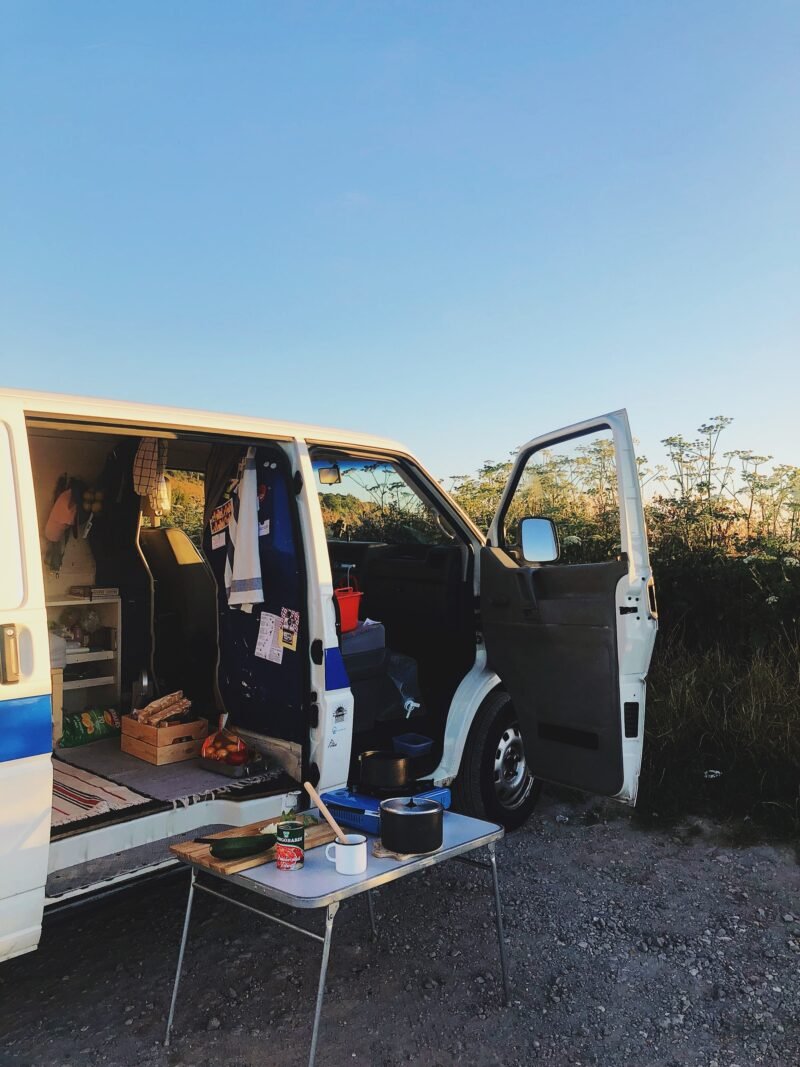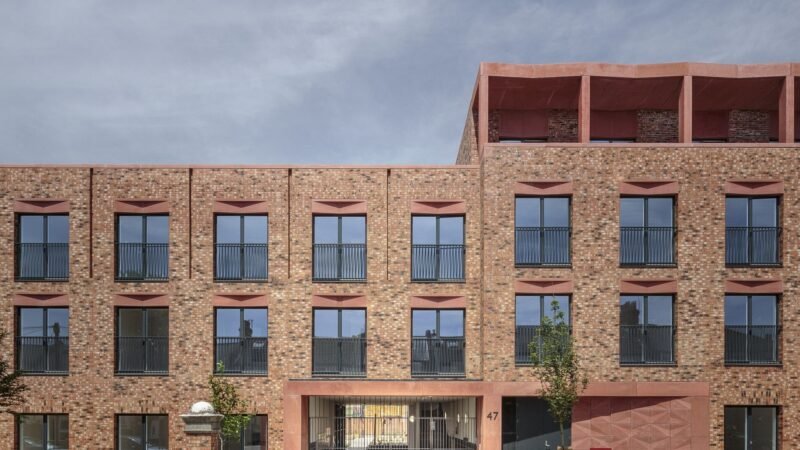Can Tube Homes Solve Hong Kong’s Housing Crisis?
With average property prices soaring, cheap and decently-sized apartments are ever harder to find in the city of Hong Kong. Architecture firm James Law Cybertecture might however have found a new and creative way to generate low-cost and high-quality living spaces with its OPod Tube Housing Project.
The firm’s project was presented in late 2017 and entails the development of one- or two-person micro-apartments in concrete water tubes. Spanning a length of 5 meters and having a diameter of 2.5 meters, the tubes hold a fold-out bed and fully equipped living, cooking, and bathroom spaces.
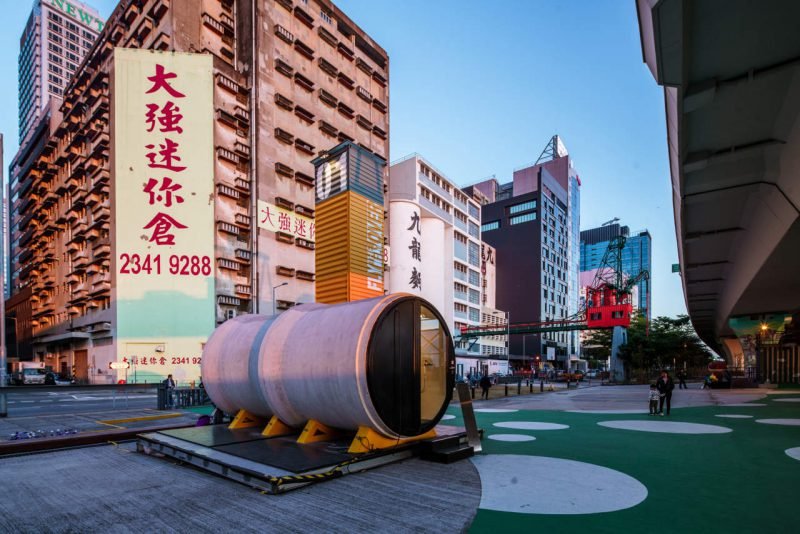
Lead architect James Law got the idea for the tube apartments while walking around on a Hong Kong construction site and immediately started working on a concept for small yet high quality housing. “We need to live small in the city because we can’t afford the space. However, it doesn’t mean that we have to live in a squalid or inhuman environment like subdivided flats or cage homes.” Law added that, in his view, size does not have to compromise quality: “A well-designed small space can still be quite a hospitable, very warm, very cozy home.”
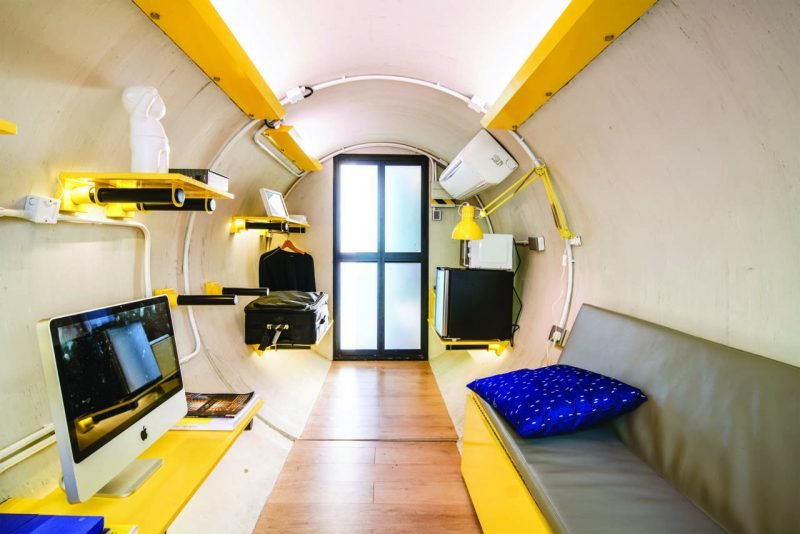

Their convenient shape allows the OPod Tube Houses to be transported and stacked easily, despite their relatively large weight. This means that the houses can be conveniently located and relocated to form low rise buildings or modular communities in available spaces throughout the city. Roof surfaces, space in between buildings, and room underneath road flyovers can in this way be used optimally.
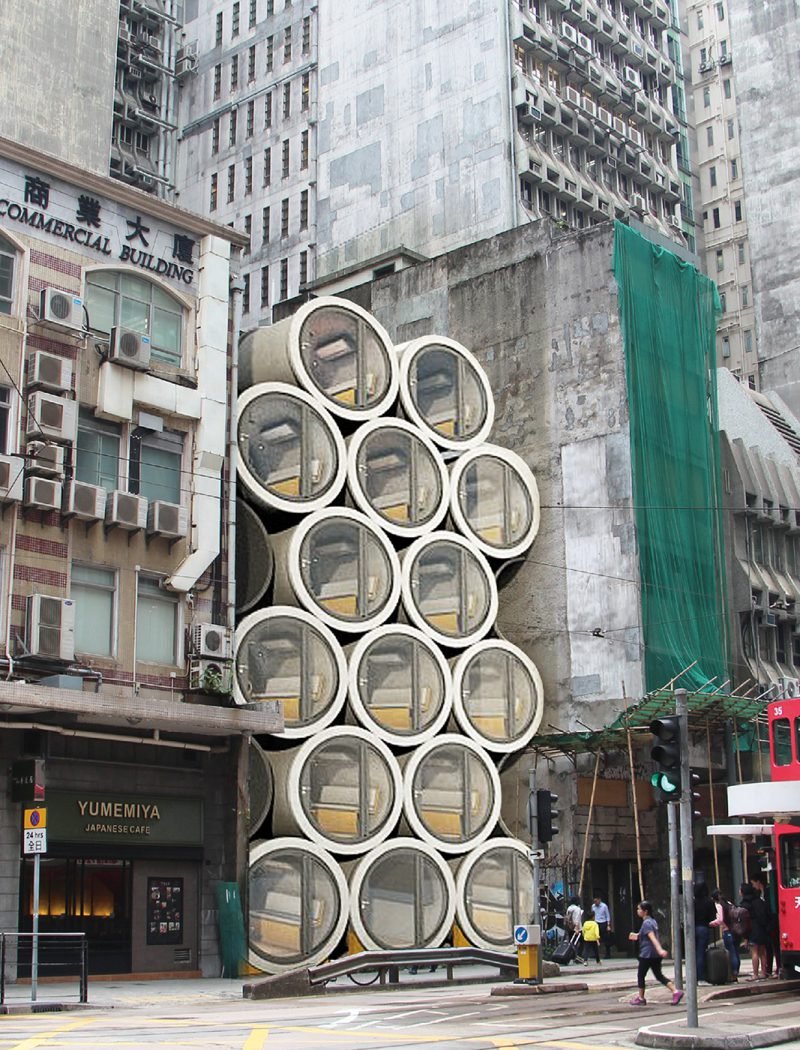
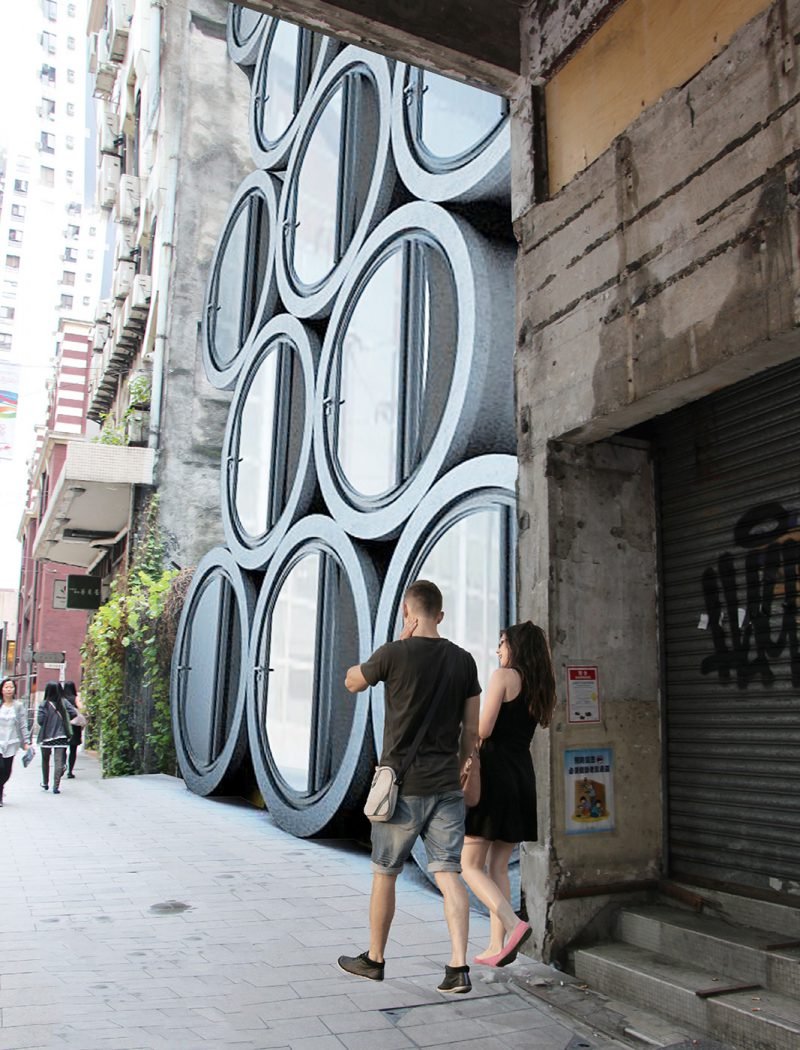
With each house costing $15,350 to construct and $383 to rent per month, the tube houses might be able to offer a low-cost and temporary housing option for those with little to spend. Especially young people in Hong Kong could benefit from the OPod Tube Housing project, says Law: “Younger people need some kind of period in their lives in the city where they’ll be able to live (while) building up their resources.” He envisions the project to serve as a sort of social housing initiative, in which two-thirds of the rent would be invested upfront for young tenants and given back to them after their temporary tenure.
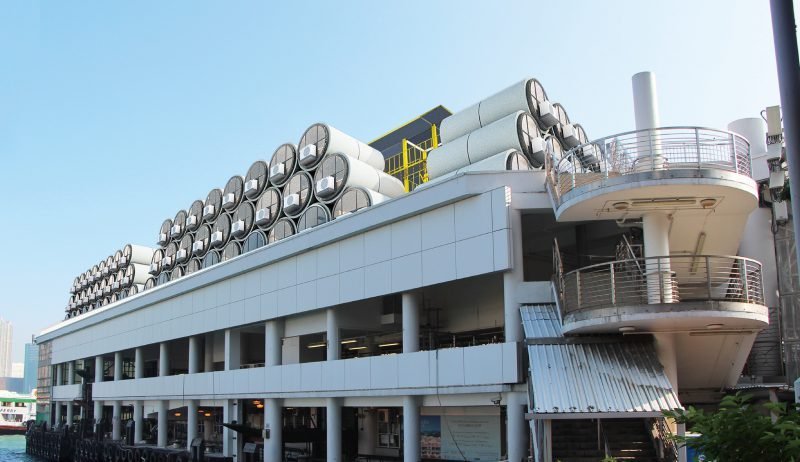
The OPod Tube Housing project has already generated interest from local governments, charities, NGOs, and youth hostels around the world, who see it as an interesting way to deal with a variety of housing issues, including the redevelopment of shanty towns.

